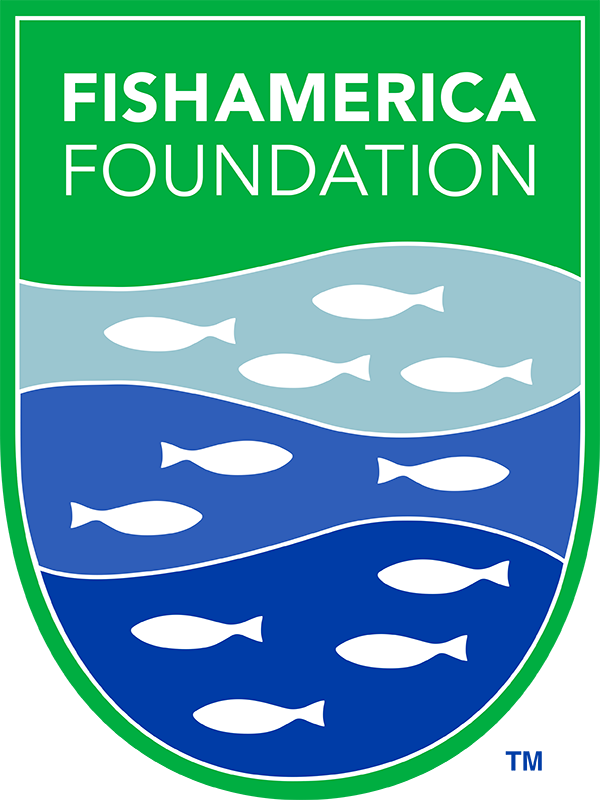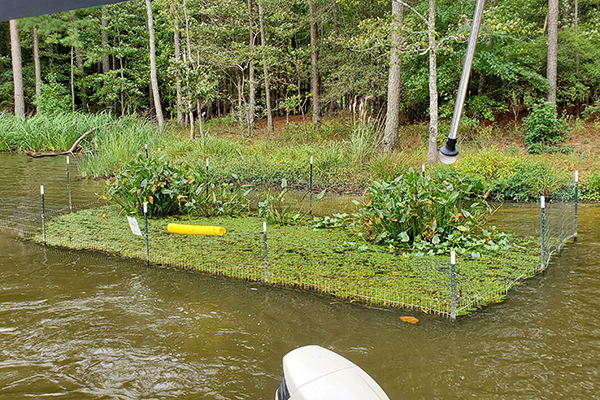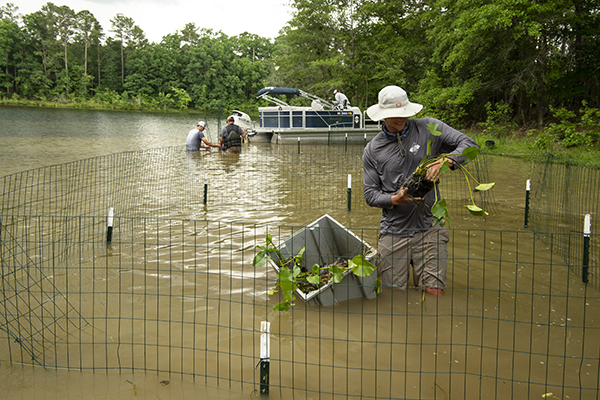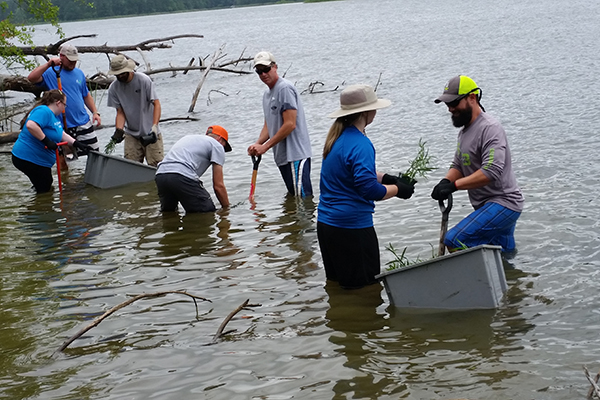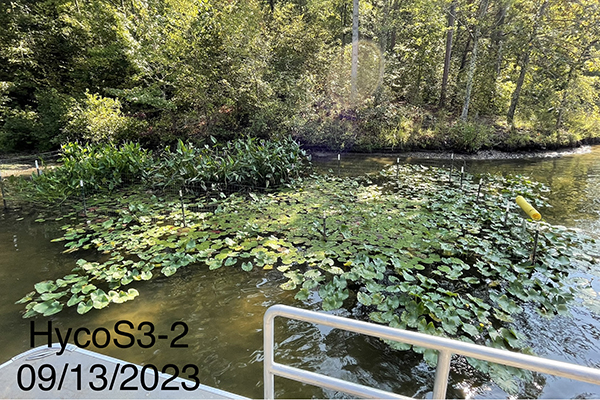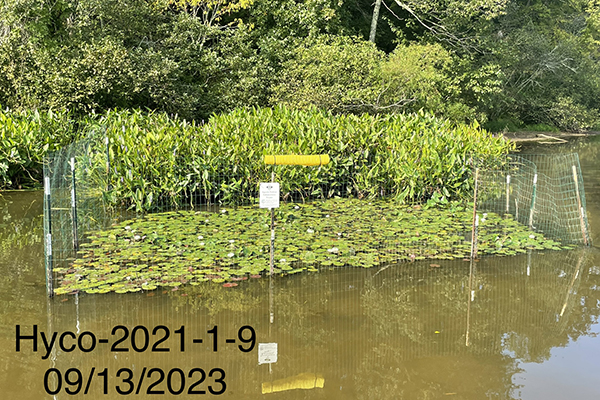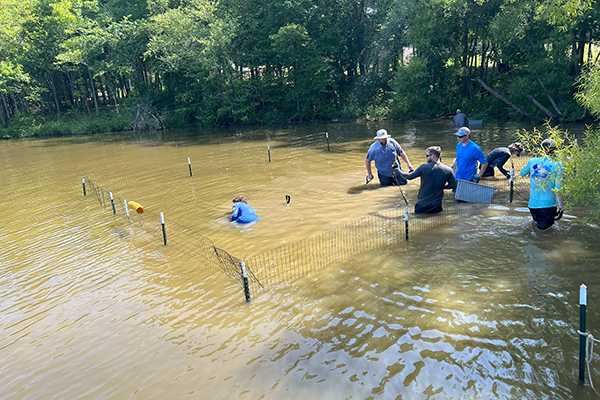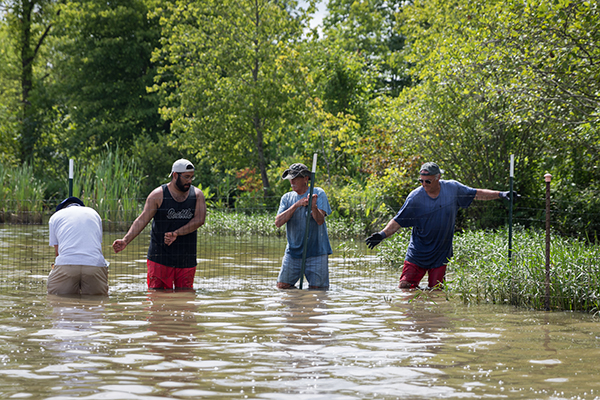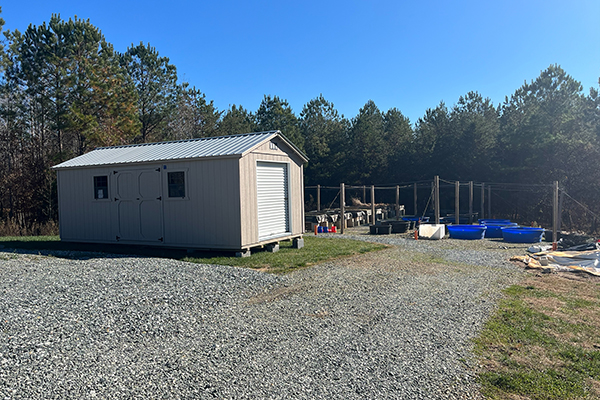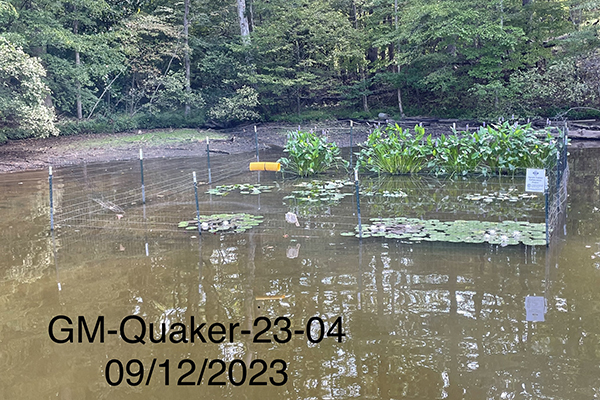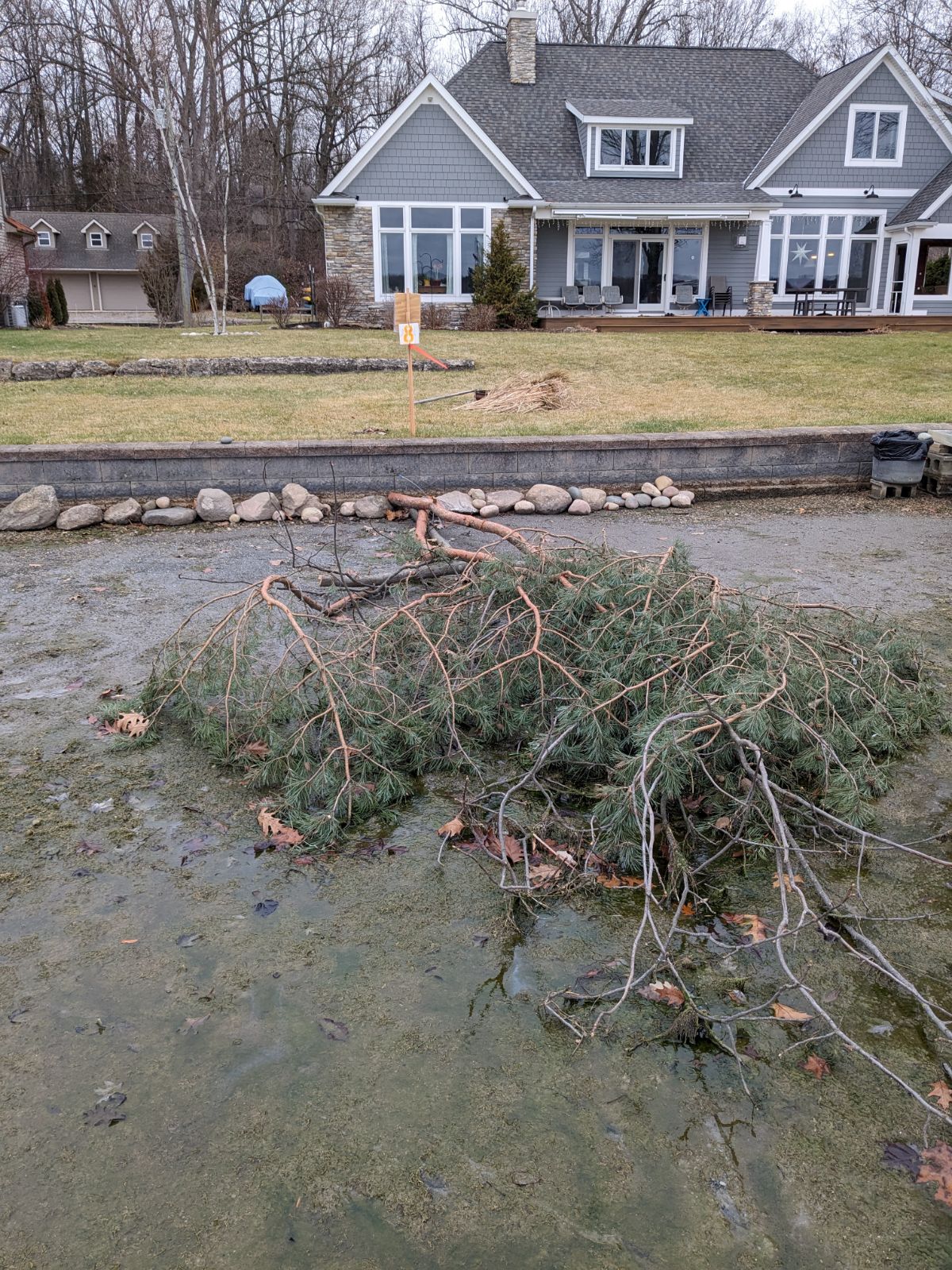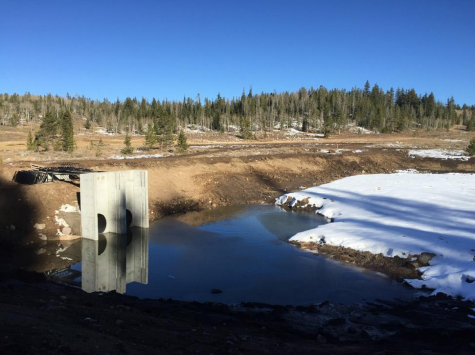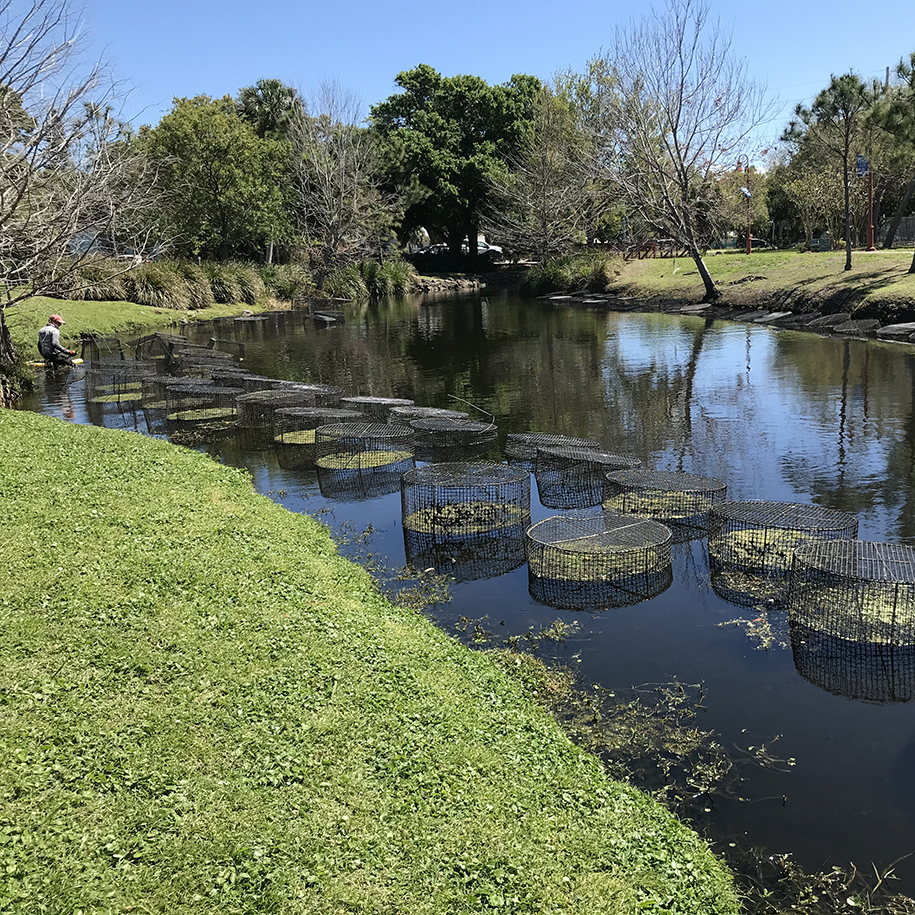project brief
This project is designed to restorelarge scale native clam populations in the Indian River Lagoon, Florida, for the purposes of enhancing water quality and habitat through the natural capacity of clams to filter large volumes of water.
University of Florida Foundation on behalf of Whitney Laboratory for Marine Bioscience
St. Augustine, FL
Award
$ 15,000
Funding Start Date
Nov 1, 2018
Funding End Date
Sep 30, 2019
Funding Partner
Project Objectives
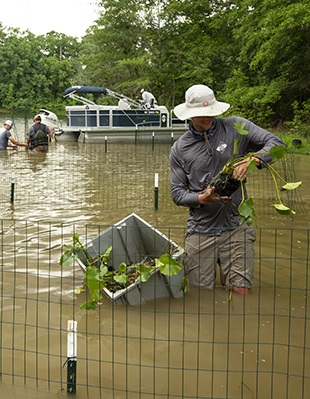
Project Description
The University of Florida Foundation on behalf of Whitney Laboratory for Marine Bioscience was awarded $15,000 for a project to restore large scale native clam populations in the Indian River Lagoon, Florida, for the purposes of enhancing water quality and habitat through the natural capacity of clams to filter large volumes of water. Unfortunately, overfishing and environmental degradation have led to the collapse of native clam populations in this system. Clams were collected from several areas identified as highly stressed by deleterious environmental conditions in recent years, making them exceptional genetic stock from which to produce specific stress resistant clams. These brood stock clams were transported to a facility and fed on high quality algae in the laboratory to “ripen” them for spawning which happened in late April. From 41 clams 40 million clam veligers were produced and raised in the hatchery for several weeks on concentrated algal feed. After 16 weeks, they were transported to local clam aquaculture leases for field nursery activities, and later transferred to leases in the Indian River Lagoo where they were permanently out-planted.
